As winter approaches, vehicle owners often ponder a common question: does windshield wiper fluid freeze? This seemingly simple question carries significant importance for those aiming to maintain optimal visibility during the colder months. In this comprehensive guide, we delve into the factors that influence windshield wiper fluid’s freezing point, offering insights and practical advice to ensure your vehicle is prepared for winter’s challenges.
Table of Contents:
– Understanding windshield wiper fluid components
– The science behind freezing points
– Common issues with frozen windshield wiper fluid
– Preventative measures to avoid freezing
– Choosing the right windshield wiper fluid for winter
Understanding windshield wiper fluid components
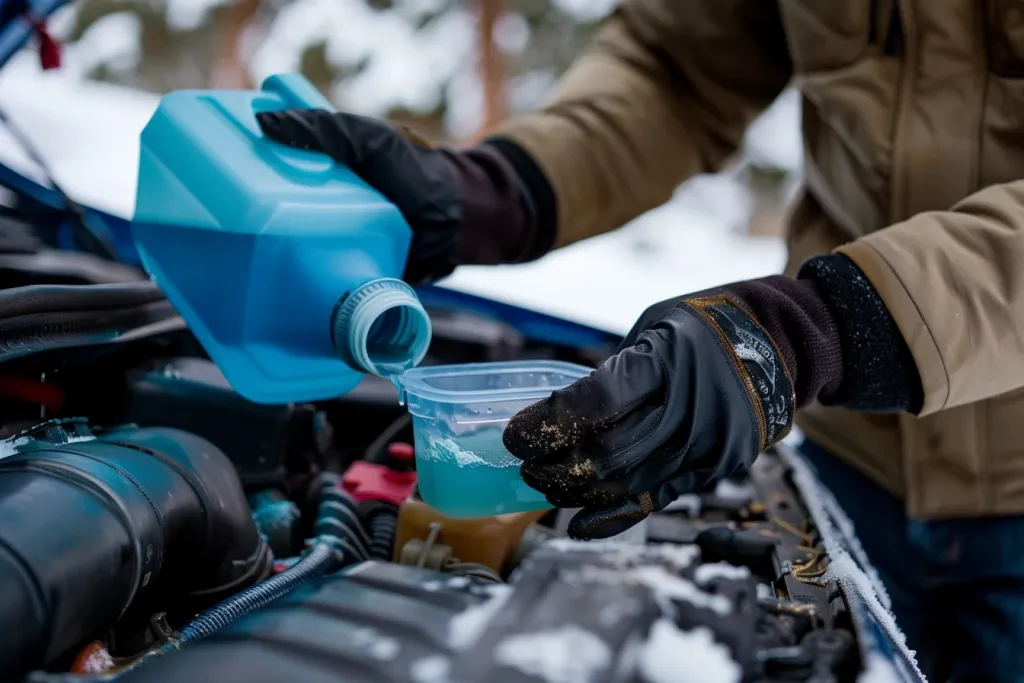
Windshield wiper fluid, a mixture primarily composed of water and alcohol, is designed to clean the windshield for better visibility. However, not all fluids are created equal. The type and concentration of alcohol, typically methanol, ethanol, or isopropanol, play a crucial role in determining the fluid’s freezing point. Water, despite being a necessary component for cleaning, freezes at 0°C (32°F), making the alcohol content critical for winter formulations.
The science behind freezing points
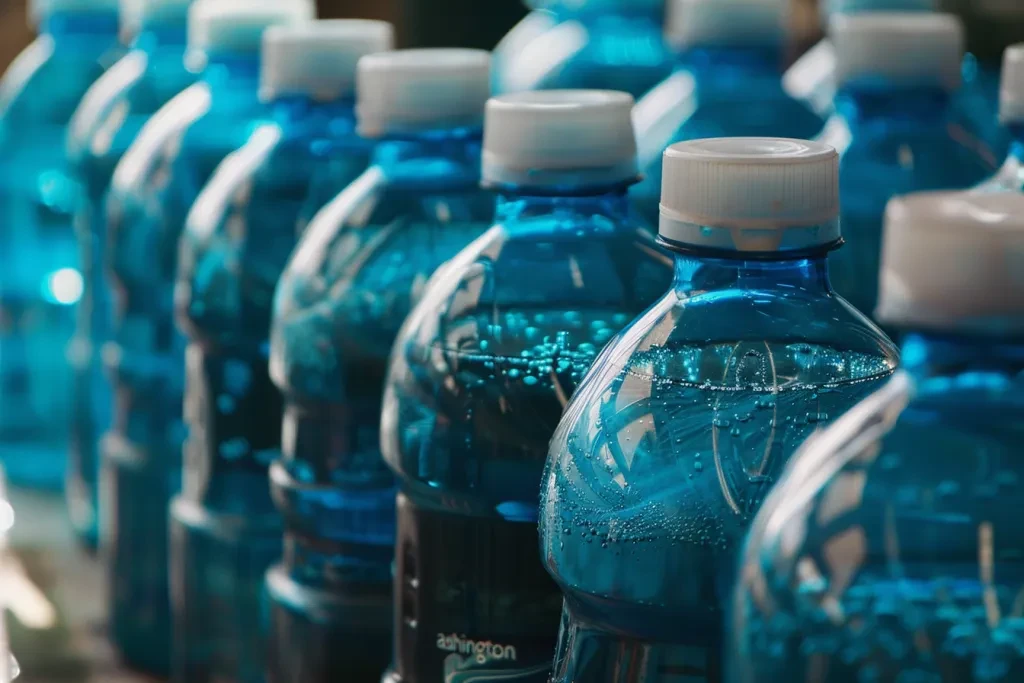
The freezing point of windshield wiper fluid is a matter of chemistry. Alcohol lowers the freezing point of the water, allowing the fluid to remain liquid at lower temperatures. However, the effectiveness of this depends on the concentration of alcohol. A higher alcohol content means a lower freezing point, but it also means a more flammable and potentially more toxic solution. The balance between effectiveness and safety is a delicate one, with manufacturers often aiming for a formula that can withstand temperatures as low as -30°C (-22°F) without freezing.
Common issues with frozen windshield wiper fluid
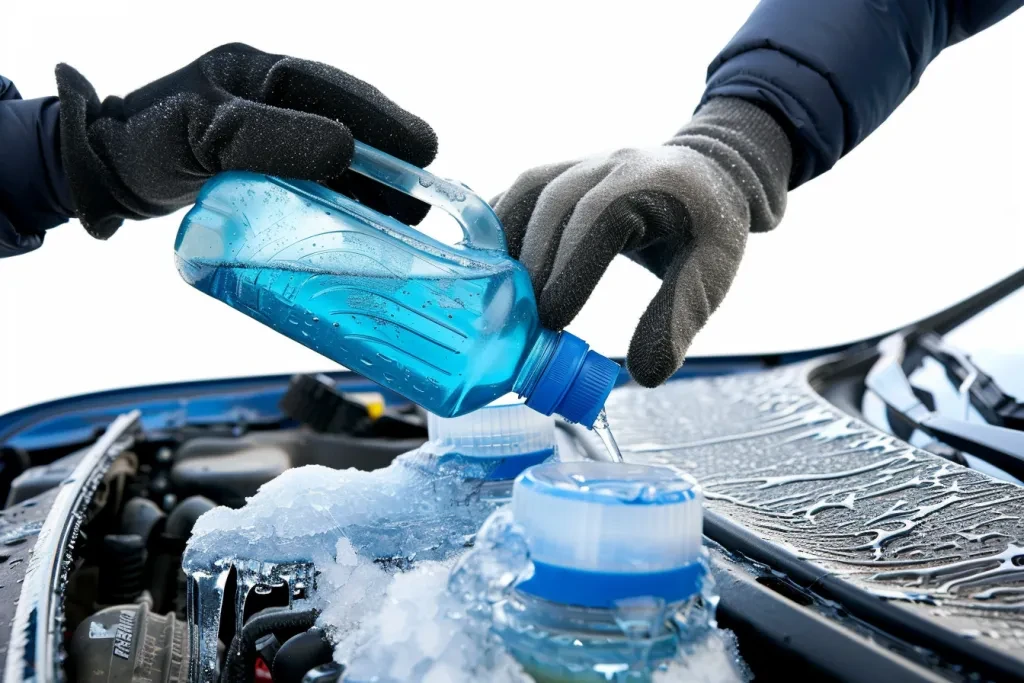
Frozen windshield wiper fluid can lead to a range of problems. The most immediate issue is the lack of fluid flow, rendering your windshield wipers less effective and compromising visibility. In more severe cases, the expansion of frozen fluid can damage the reservoir, lines, or nozzles, leading to costly repairs. Additionally, attempting to use your windshield wipers with frozen fluid can burn out the pump, adding to the list of potential issues.
Preventative measures to avoid freezing
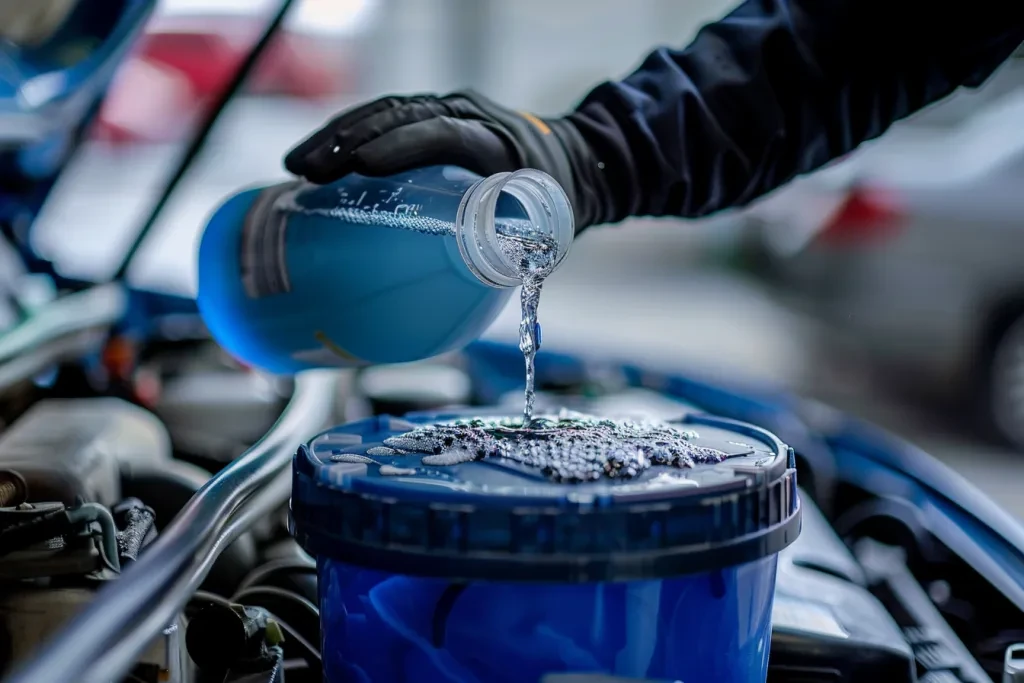
Preventing your windshield wiper fluid from freezing is key to maintaining clear visibility during the winter months. One effective measure is to ensure you’re using a winter-specific fluid, designed to withstand lower temperatures. Additionally, keeping your vehicle in a garage or covered area can help prevent freezing. For those in extremely cold climates, regularly checking and topping off the fluid with a winter-appropriate formula can make all the difference.
Choosing the right windshield wiper fluid for winter
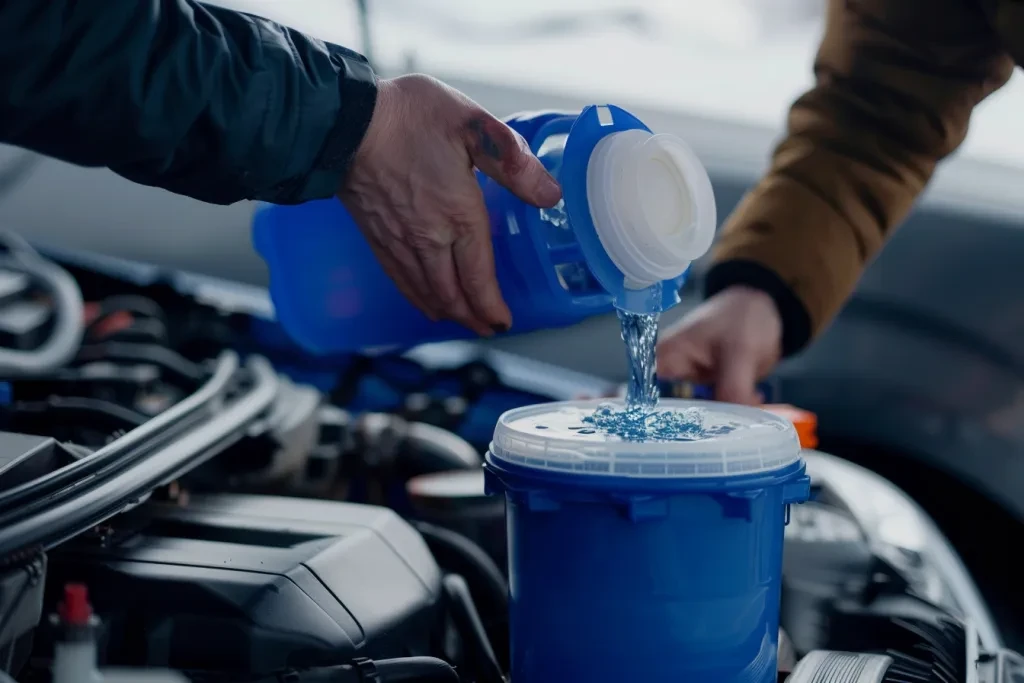
Choosing the right windshield wiper fluid for winter requires understanding your local climate and the lowest temperatures your vehicle will likely face. Look for products specifically labeled as suitable for winter use, and consider the freezing points listed on the packaging. Remember, while it may be tempting to opt for the lowest possible freezing point, the safety and environmental implications of the fluid’s components are also important considerations.
Conclusion:
Understanding the dynamics of windshield wiper fluid in freezing temperatures is essential for any vehicle owner braving the winter months. By choosing the right fluid, taking preventive measures, and understanding the science behind it, you can ensure your windshield remains clear, improving safety and visibility on the road. Remember, preparation is key to avoiding the pitfalls of frozen windshield wiper fluid.




